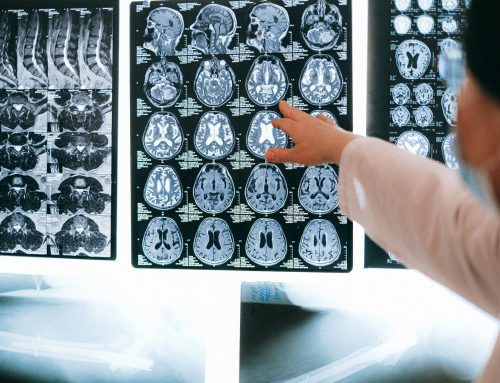It has been estimated that 2-3% of 6- to 12-year-olds in the United States might have depression. A recent study of second and third graders found that those who showed symptoms of depression were six times more likely to have skill deficits, such as limited social or academic skills. Teachers and parents were able to recognize these issues, but did not consider them to be linked with depression. Because of this finding, children may not receive the mental health interventions they need. Below are some signs of childhood depression to look out for:
- Sudden or gradual change in behavior
- Withdrawal from friends and family, or increased clinginess
- Anger, irritability, or sadness
- Decreased interest in activities they previously enjoyed
- Difficulty concentrating
- Academic decline
- Health issues (like stomachaches or headaches) with no medical cause
- Low energy or fatigue
- Low self-esteem
- Change in eating or sleeping patterns
- Thoughts of self-harm or engaging in self-harming behaviors
Because some of these issues can be related to a medical condition (such as a vitamin deficiency), it is important to have your child evaluated by his or her doctor. If no medical explanation is present, seeking a psychological evaluation can be valuable. It will be important to determine the cause of these symptoms and learn recommendations for best treatment options. Pursuing therapy and school interventions will also be helpful.






